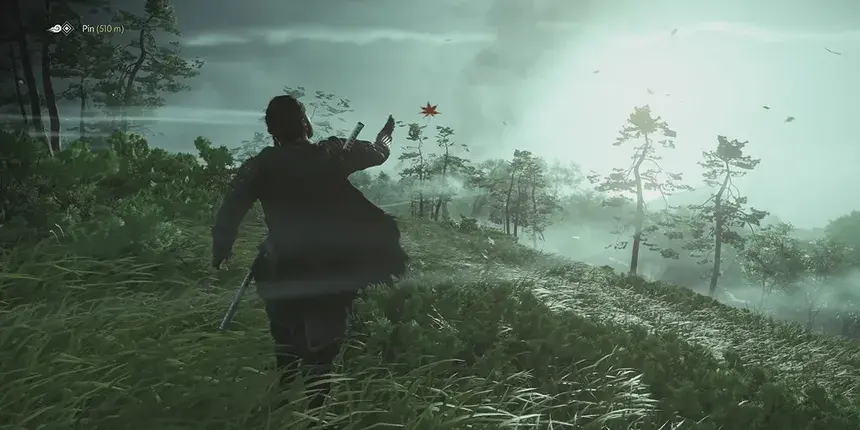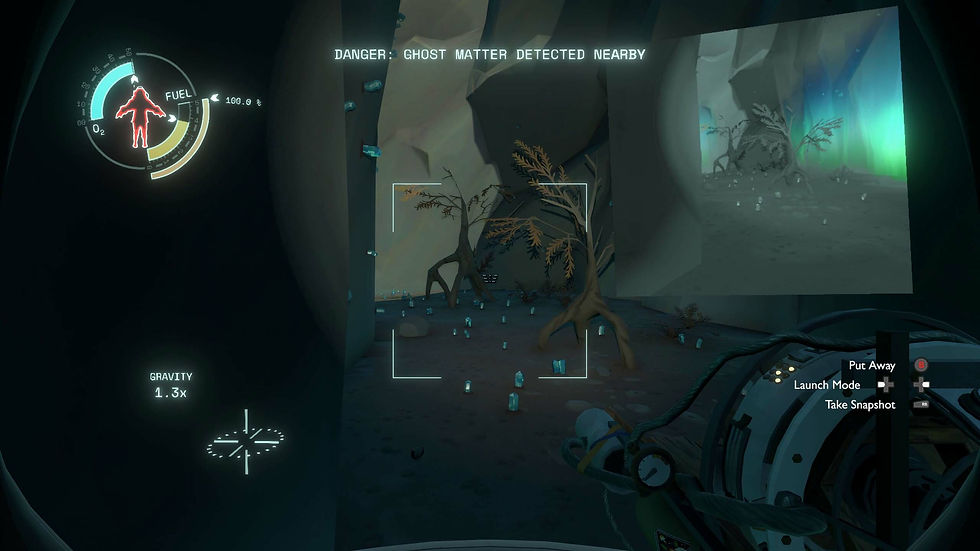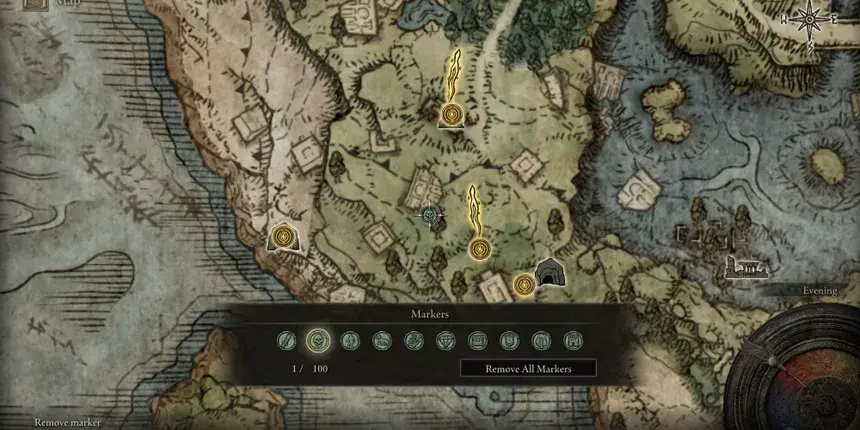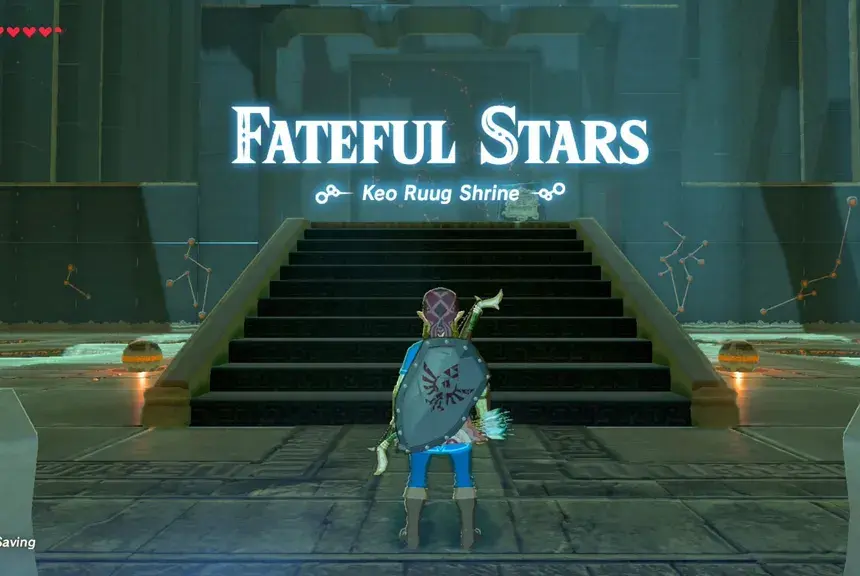The Death of the Minimap
- Granite Gaming
- Apr 29, 2025
- 3 min read
Games are learning to trust our eyes again. I was lost and now I'm found. There was a time when every open-world game gave you a glowing dot in the top-left corner and called it design. The reliance on simplistic indicators reduced the complexity and beauty of the environments, making them feel like mere backdrops rather than vibrant ecosystems filled with secrets waiting to be uncovered.
Most games still don't trust you. You open the map and it's just icons everywhere. You're not playing a game. You're doing chores.

The minimap is a crutch. Follow the icon, reach the objective, repeat. In Grand Theft Auto V, driving became less about navigating Los Santos and more about glancing between road and radar. Even in a masterpiece like The Witcher 3, the world’s forests, villages, and swamps were flattened by a yellow GPS trail leading Geralt from one task to the next. These are quiet immersion breaking and soul killing additions to otherwise popular titles. So the question is, are they needed? Do players want them?
The best games don't want them.
In the last few years, more and more games have started dropping the minimap. Not because it looks cleaner — but because they’re finally starting to trust the player.
This isn’t just about UI. It’s about how you play, how you learn, how you explore. A minimap tells you where to go, so you stop thinking. You stop looking.

Ghost of Tsushima does something smarter. Instead of a blinking dot, you follow the wind. Literally. You swipe up, and the wind shows your direction. That one shift changes how you interact with the world, you start noticing trees, terrain, where the wind flows. I thought that was pretty cool.

Outer Wilds goes even further. There’s no map at all. You rely on memory, notes, curiosity. That game doesn’t even want to hold your hand. And because of that, you pay more attention. You feel smart for figuring things out. You care more. This is what makes a game immersive.

Elden Ring strips most of the HUD away too. You drop your own markers, learn the land, remember what’s west of that burned village or which fork leads to the poison swamp. You end up creating your own mental map. Isn’t that better than following someone else’s?
Minimaps make everything feel the same. Get to the icon. Move to the next icon. Games like these push back. They slow you down. They make you engage.
Do we really need the glowing dot anymore? Or are we just used to it?

Breath of the Wild is a notable exception here. It keeps the minimap, but barely. You’re not following it. You’re marking it. Shrines, towers, whatever you care about. It’s on you. The game doesn’t tell you where to go. You decide what landmarks are worth keeping tabs on, T
and the map just keeps up.
The games you remember most are the ones that pull you in. Not the ones that look nice or play smooth. The ones that make you pay attention. You start learning the world without even trying. You look around, you remember a weird rock or a broken bridge, and that’s how you find your way. That’s immersion. Not some setting in the menu. Just how it feels. You’re in it, you are your character, and that’s what makes it stick. For a game to be that way, it needs to feel endless. You walk out of that cave and see a mountain in the distance, and without thinking, you go. That’s it. That’s the whole point. Discovery. Curiosity. The human instinct to move toward the unknown. Games that throw away the minimap understand that. They give you less, so you notice more. They let you wander. They let you wonder. And in that space between where you are and where you’re going, something real happens. Not a mission. Not an objective. Just you, and a world, and a reason to keep playing right around the corner.




Comments